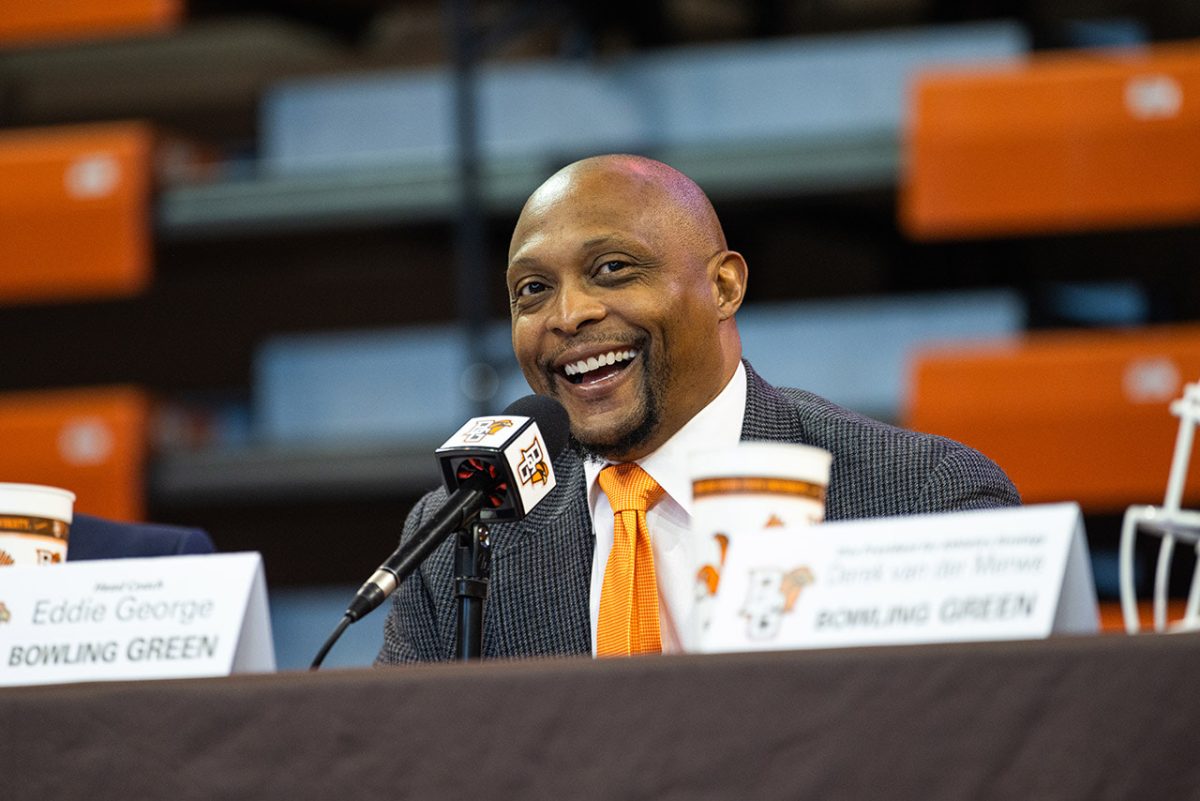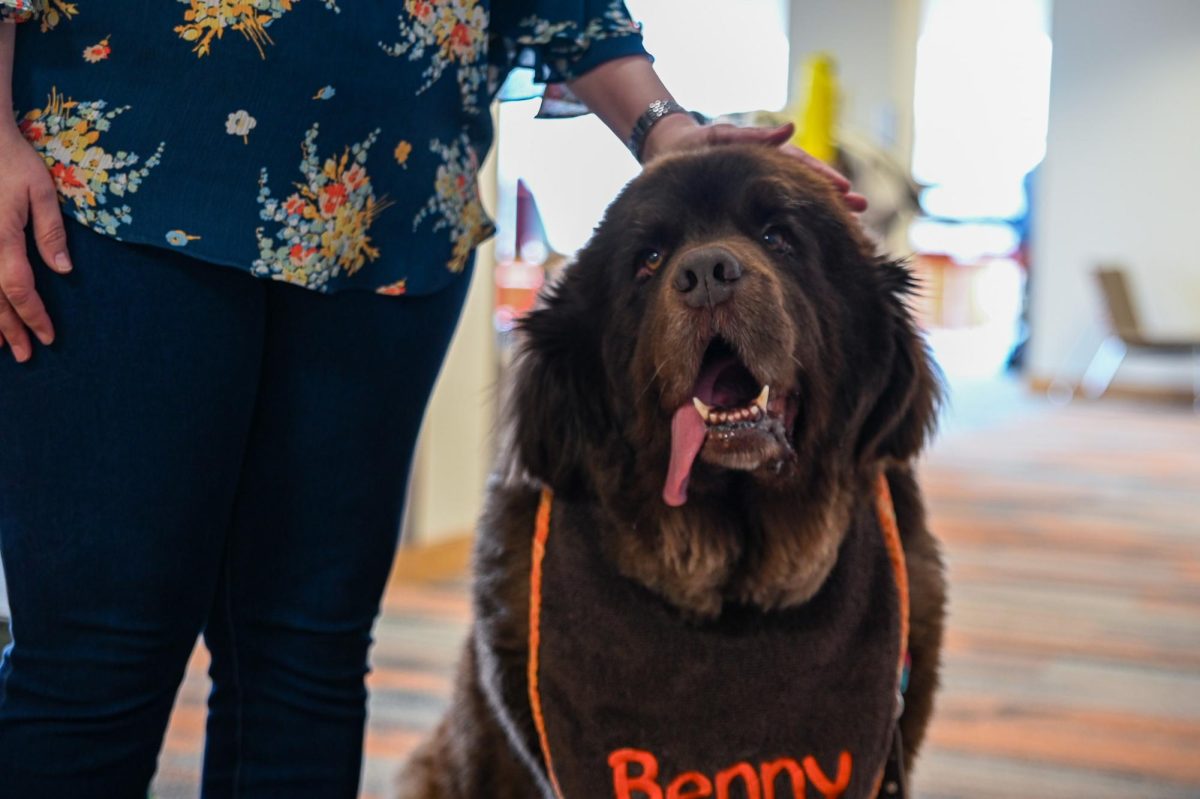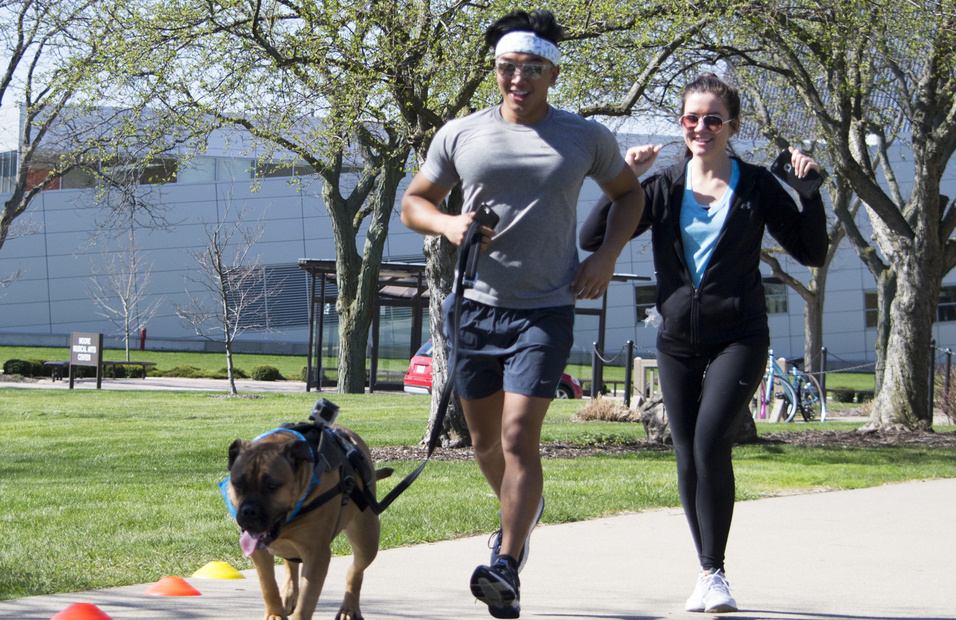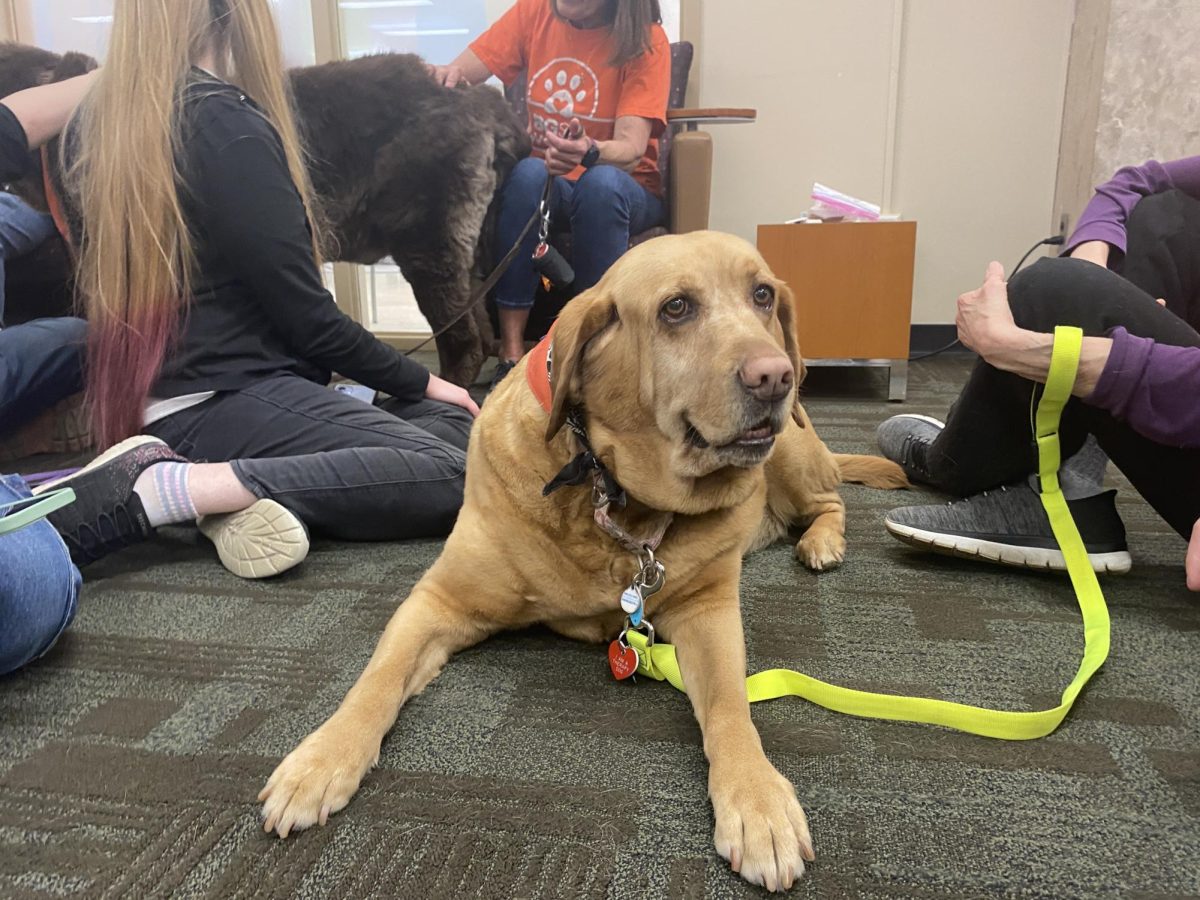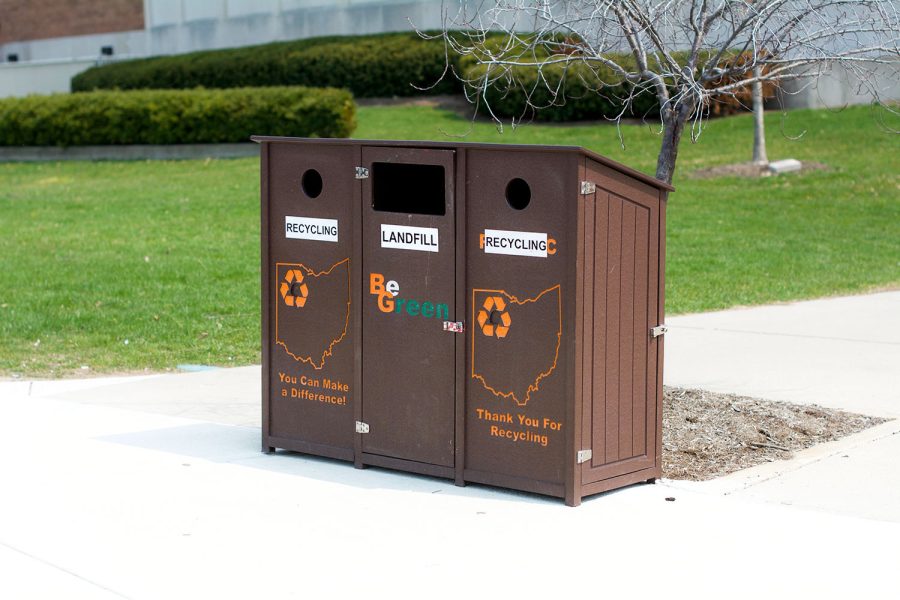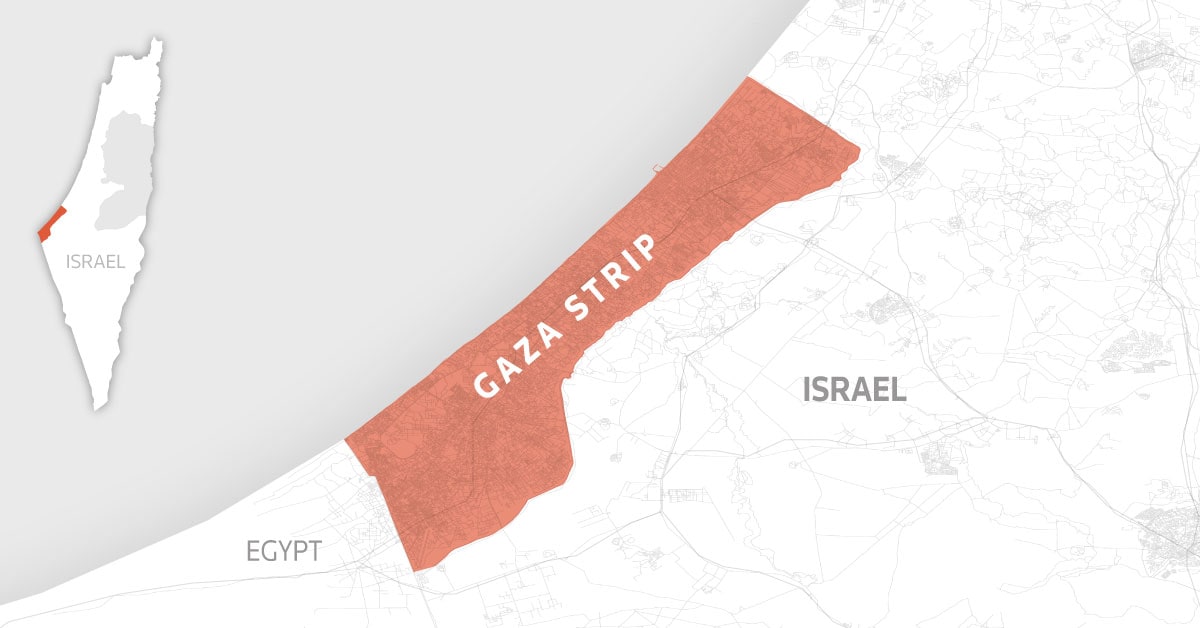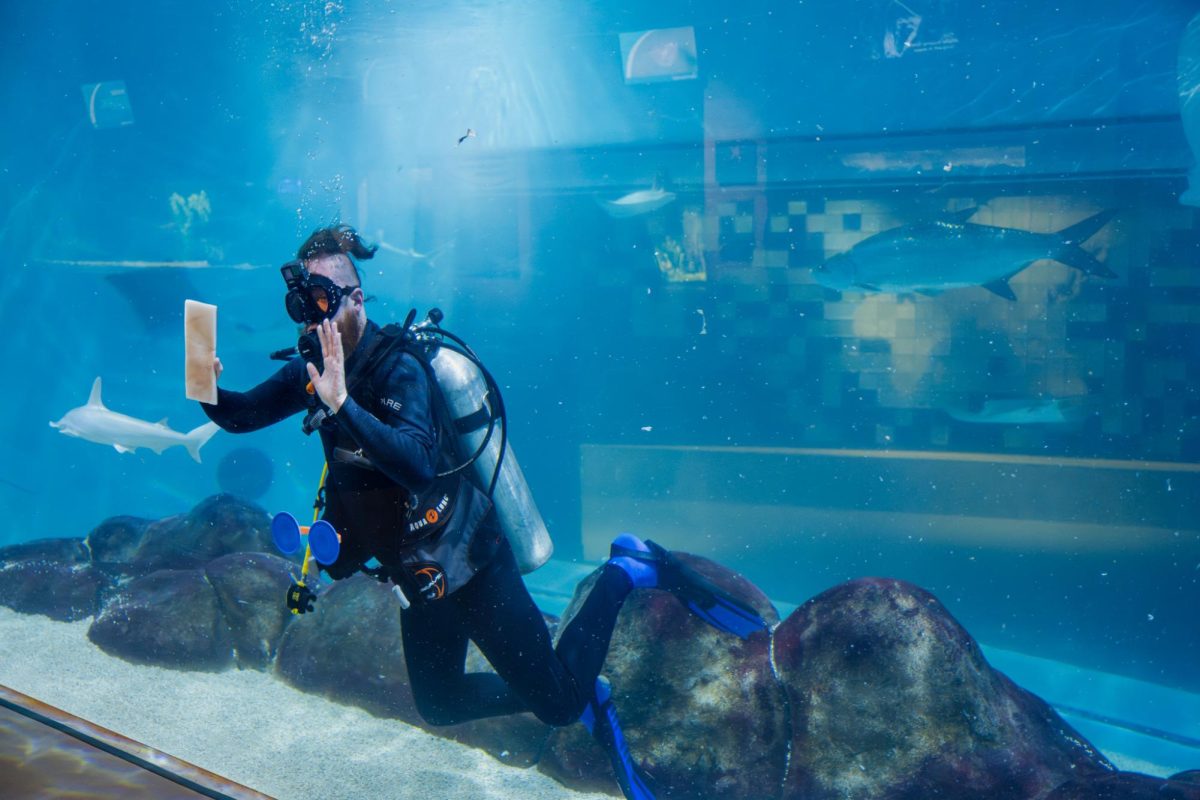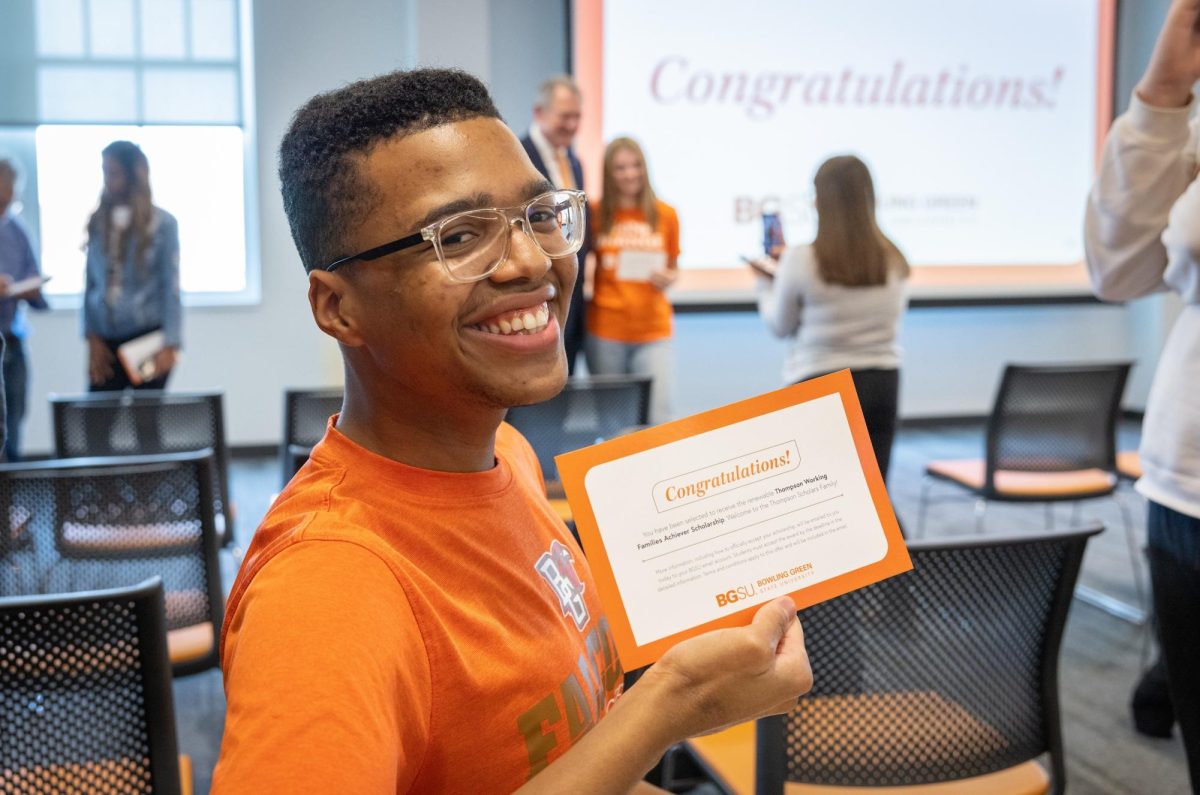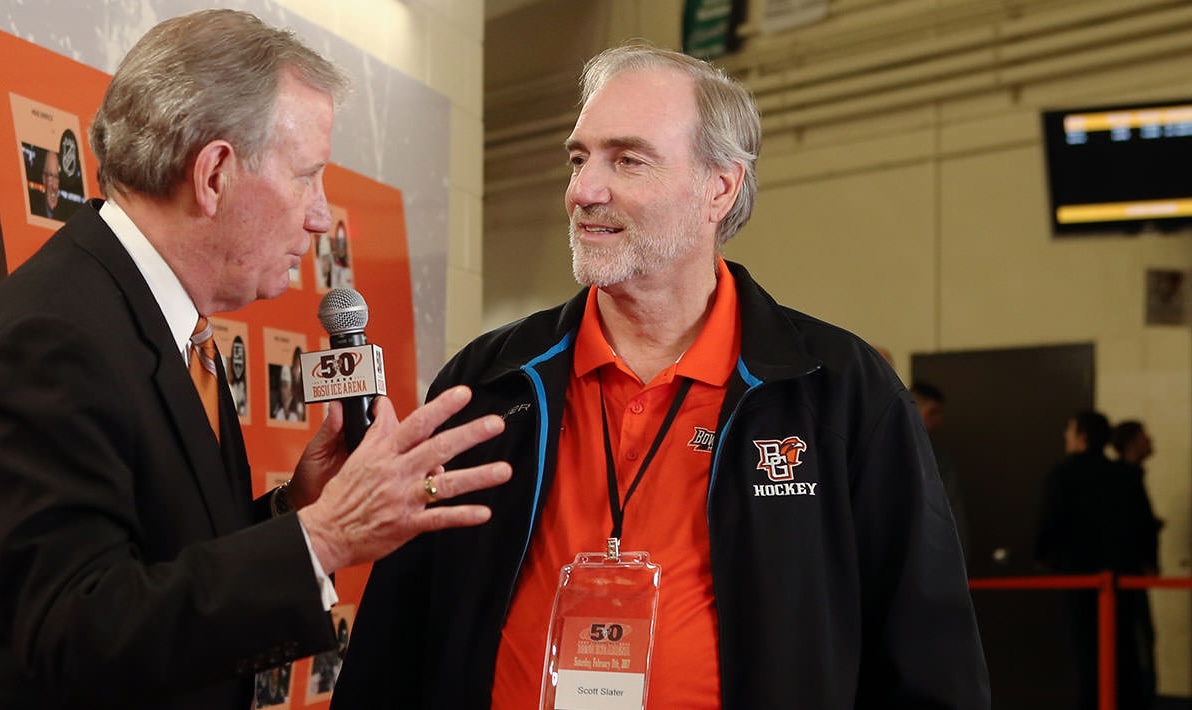This semester, the University is offering a different kind of class that allows students to travel outside the classroom and experience more hands-on learning.
The class is called Equine Assisted Therapy and it’s offered through the human development and family studies department. The class uses horses to help provide therapy for students who may be enduring problems or issues in
their lives.
According to the Professional Association of Therapeutic Horsemanship’s website, therapeutic riding “uses equine-assisted activities for the purpose of contributing positively to cognitive, physical, emotional and social well-being of people with disabilities.”
The class is the first of its kind that has been offered, said the instructor of the class, Sandra Tebbe.
“There really is nothing else like it that I know of,” Tebbe said. “The class is different because it’s all applied learning and really hands-on and that’s what I really enjoy about it.”
Students in the class don’t necessarily have any physical disabilities, but it’s a way for them to overcome any issues or obstacles in their lives.
“The reason I took the class was because it was a big stress reliever for me to be out in the barn,” senior Jenifer Nord said.
Tebbe is an instructor at the University, but the class is a collaboration between the University and her own organization, Project H.O.P.E., or Horses Opening People’s Eyes.
“Project H.O.P.E. is a therapeutic riding center that I started 10 years ago,” Tebbe said. “The center gives therapy for children who have behavioral and emotional problems, but also may have developmental or physical disabilities as well.”
Tebbe created Project H.O.P.E. through her private practice as a professional credible counselor.
The activities that Tebbe uses with Project H.O.P.E. are similar to what she uses in the class.
“One activity we did was each of the students would identify an obstacle in their life and then we would talk about it,” Tebbe said. “Then they would build a physical obstacle course and would ride over the obstacle course to signify overcoming that matter in your life.”
Although the course is different from normal classroom ones, it still has traditional aspects as the students have two exams, a final project and a journal they keep on their experiences with
the class.
“For the final project, the students will pick a disability that they’re interested in and analyze it using examples of some treatment they learned during class,” Tebbe said.
The students also have to write issues papers during the semester.
“We write papers about a disabled population and what we can do to help them if we had a farm,” Nord said. “It kind of gives you a bigger perspective of what therapeutic riding is and how it can help.”
Students in the class help out with Project H.O.P.E.’s activities as well, including last week when students helped at a horse riding trick-or-treat that Tebbe held in Findlay.
“It was fun and really busy,” said Bailey Guerin, a senior and student in the class. “We helped by walking beside the horses and making sure the ones that didn’t know how to ride stayed safe. The kids got to trail ride and play games for candy.”
Guerin added that the trick-or-treat was also a fundraising event for Project H.O.P.E., with the money going toward medical insurance so kids without it can still come out to the farm and ride.
Tebbe said the class is being offered again for the spring semester and elaborated on how important it is to get hands-on learning as a student.
“I’m less of an academic person and more of an applied ‘let me teach you something that you can get a job with’ type person,” Tebbe said. “It’s a fun class and I’ve had an extremely high attendance rate. I love what I’m doing and I love teaching what I do.”


